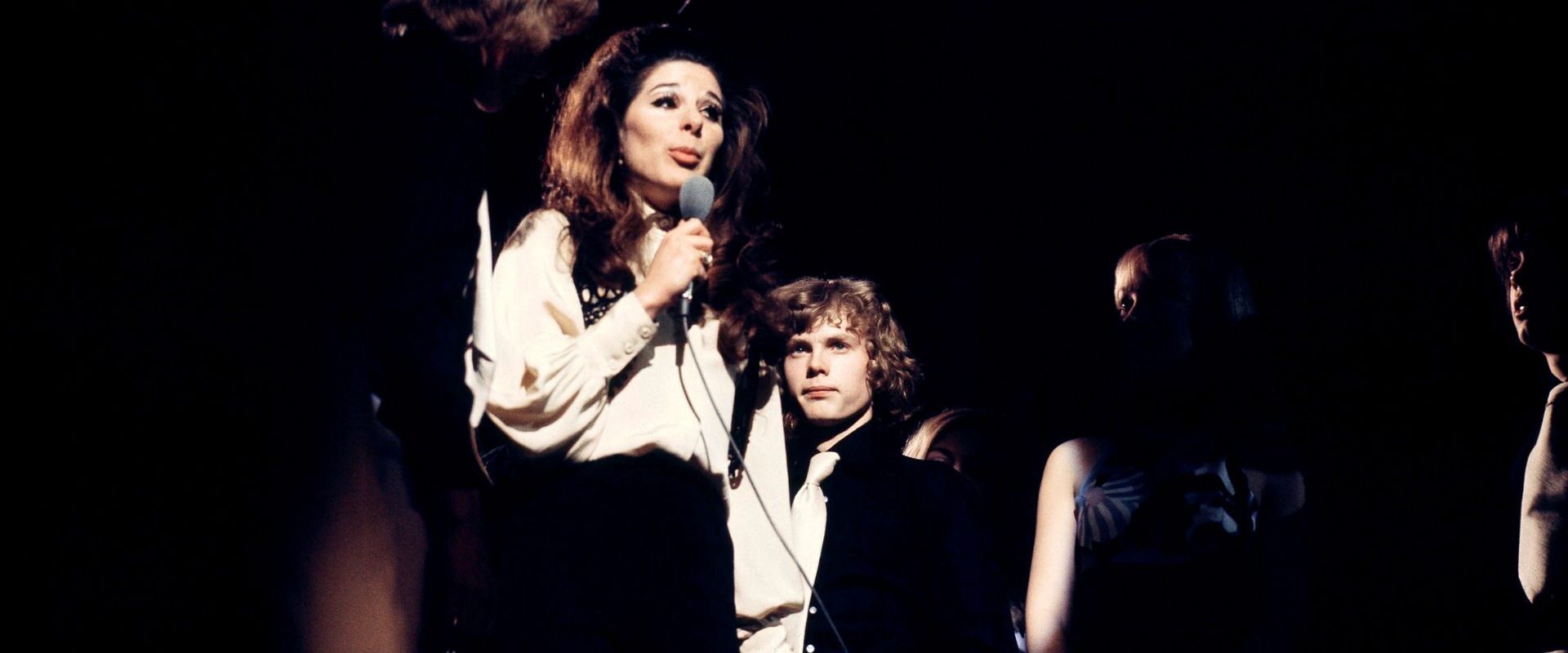The Beatles reigned supreme in the ’60s, seemingly sending every album straight to the top of the charts. Their 1967 album, Sgt. Pepper’s Lonely Hearts Club Band spent 15 consecutive weeks atop the Billboard 200 and remains a cultural touchstone nearly 60 years later. By this point in their career, the Beatles were bulletproof—until Bobbie Gentry came along on this day in 1967.
Bobbie Gentry’s Southern Gothic Masterpiece
Born Roberta Lee Streeter in 1942, Chickasaw County, Mississippi, Bobbie Gentry never harbored any singing aspirations. Although she would make history as one of the first female artists in the U.S. to compose and produce her own material, all Gentry ever wanted was to write hits for other artists. In fact, she would tell the Washington Post that frugality — not a desire for the spotlight—was her chief reason for singing on the demo to her international hit “Ode to Billie Joe.”
Gentry brought that one, along with “Mississippi Delta,” to Capitol Records, which officially signed her on June 23, 1967. “Ode to Billie Joe” is a sparse, half-spoken recounting of the suicide of Billie Joe McAllister, a local boy who “jumped off the Tallahatchie Bridge.”
The stirring Southern Gothic tale got people talking, with its cryptic lyrics leading to much speculation. “Ode to Billie Joe” spent four weeks atop the Billboard Hot 100, selling more than 300 million copies across the globe. The single’s smashing success led producers to hastily assemble an entire album using demos Gentry had recorded.
[RELATED: Remember Bobbie Gentry’s Final Performance?
We May Never Know What Really Happened to Billie Joe
“That nice young preacher Brother Taylor dropped by today,” Bobbie Gentry sang. “Said he’d be pleased to have dinner on Sunday/Oh, by the way said he saw a girl that looked a lot like you up on Choctaw Ridge/And she and Billie Joe was throwin’ something off the Tallahatchie Bridge.”
That verse, in particular, ignited a wildfire of speculation. Who was Billie Joe? Why did he jump? And what did he and the narrator hurl into the muddy waters of the Tallahatchie River?
None of that matters, according to the song’s author.
“The song is sort of a study in unconscious cruelty,” Bobbie Gentry said in an interview. But everybody seems more concerned with what was thrown off the bridge than they are with the thoughtlessness of the people expressed in the song. What was thrown off the bridge really isn’t that important.”
Featured image by Michael Putland/Getty Images

